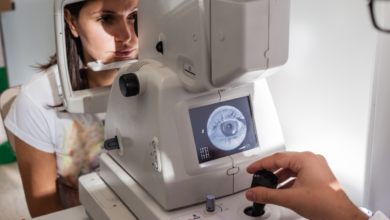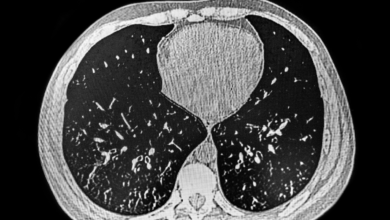Dementia

What is Dementia ?
Dementia is a progressive brain disorder that affects memory, thinking, and behavior. It interferes with daily activities and can lead to a decline in quality of life.
what are the symptoms of Dementia?
Symptoms of Dementia:
- Memory loss: Difficulty remembering recent events, names, or conversations.
- Thinking problems: Trouble understanding or following conversations, solving problems, or making decisions.
- Language difficulties: Struggling to find the right words or expressing thoughts clearly.
- Changes in mood: Experiencing mood swings, anxiety, or depression.
- Behavioral changes: Becoming withdrawn, agitated, or disoriented.
who can suffer from Dementia ?
While dementia is more common in older adults, it can affect people of all ages. Certain factors, such as age, family history, and lifestyle choices, can increase the risk of developing dementia.
What are the types of Dementia?
Types of Dementia:
- Alzheimer’s disease: The most common type of dementia, characterized by the formation of plaques and tangles in the brain.
- Vascular dementia: Caused by damage to blood vessels in the brain, often due to stroke or other circulatory problems.
- Lewy body dementia: A condition characterized by the presence of abnormal protein deposits called Lewy bodies in the brain.
- Frontotemporal dementia: Affects the frontal and temporal lobes of the brain, leading to changes in personality, behavior, and language.
Which diagnostic tests are available for Dementia ?
Diagnostic Tests for Dementia:
- Neurological examination: A doctor will assess cognitive function, memory, and other mental abilities.
- Neuropsychological testing: Standardized tests can measure specific cognitive domains, such as memory, attention, and language.
- Brain imaging: Techniques like MRI or CT scans can help identify structural abnormalities in the brain.
- Blood tests: Blood tests can rule out underlying medical conditions that may contribute to dementia.
What is the treatment of Dementia?
Treatment of Dementia:
While there is no cure for dementia, treatment can help manage symptoms and improve quality of life. Treatment options may include:
- Medication: Drugs can help manage symptoms of dementia, such as memory loss and behavioral changes.
- Therapy: Cognitive-behavioral therapy can help individuals cope with cognitive changes and improve daily functioning.
- Lifestyle modifications: Regular exercise, a healthy diet, and social engagement can support brain health.
- Supportive care: Providing a safe and supportive environment can help individuals with dementia maintain their independence.
Which diet I should take, if any ?
Diet for Dementia:
A healthy diet rich in fruits, vegetables, whole grains, and lean protein can support overall brain health. Additionally, consuming foods that promote heart health, such as omega-3 fatty acids found in fish, can also benefit cognitive function.
Which speciality of the doctor will treat Dementia?
- Neurologist
Is Dementia completely curable ?
Currently, there is no cure for dementia. However, research is ongoing to develop new treatments and potential cures. Early diagnosis and treatment can help manage symptoms and improve quality of life for individuals with dementia.





